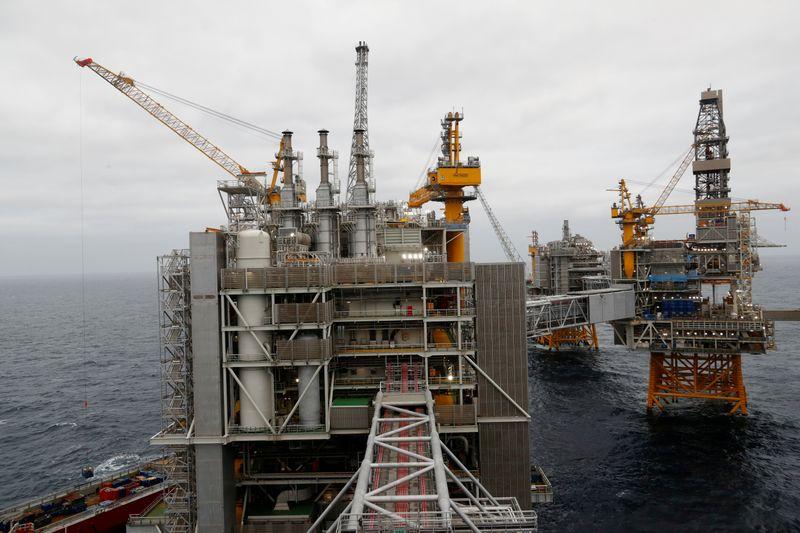OSLO – Norway’s parliament has agreed additional tax breaks for the oil industry on top of those proposed by the minority government to spur investment and protect jobs, the ruling Conservative Party said on Monday.

Equinor and other companies hit by low crude prices as the COVID-19 pandemic has destroyed demand, had said the government’s plan to postpone tax payments of 100 billion crowns ($10.8 billion) was not enough.
Conservative Prime Minister Erna Solberg had warned against more generous terms, saying it could lead to investment that did not yield sufficient returns. She relented after opposition pressure and industry lobbying.
The terms agreed by parliament will temporarily shield a greater portion of income from taxes, potentially saving jobs at oil companies and in the industry that serves them, negotiators said.
“This makes projects more profitable,” Conservative lawmaker Trond Helleland, who led negotiations for the government, said.
The new rules will cover projects sanctioned by authorities until the end of 2023, he added.
They do not change the headline tax rate of 78% that oil companies pay on profits, but increase deductions for any new investments, meaning taxable profits could be reduced for several years.
The main opposition Labour party backed the measure, under pressure from oil workers’ unions.
Norway is western Europe’s biggest oil and natural gas producer, representing about 2% of global crude output.
It has joined other producers in cutting output this year to help boost prices pushing North Sea Brent crude to a three-month high around $43 per barrel on Monday.[O/R]
The country has also been trying to improve its reputation for sustainability.
On May 29, Solberg proposed stimulus spending of 3.6 billion crowns to boost the development of renewable energy, prompting criticism from Greenpeace and other environmental groups the amount was too small.[contextly_sidebar id=”A8uzZTW77GaT2qXDrKqrdHqvQpBIUPaz”]







